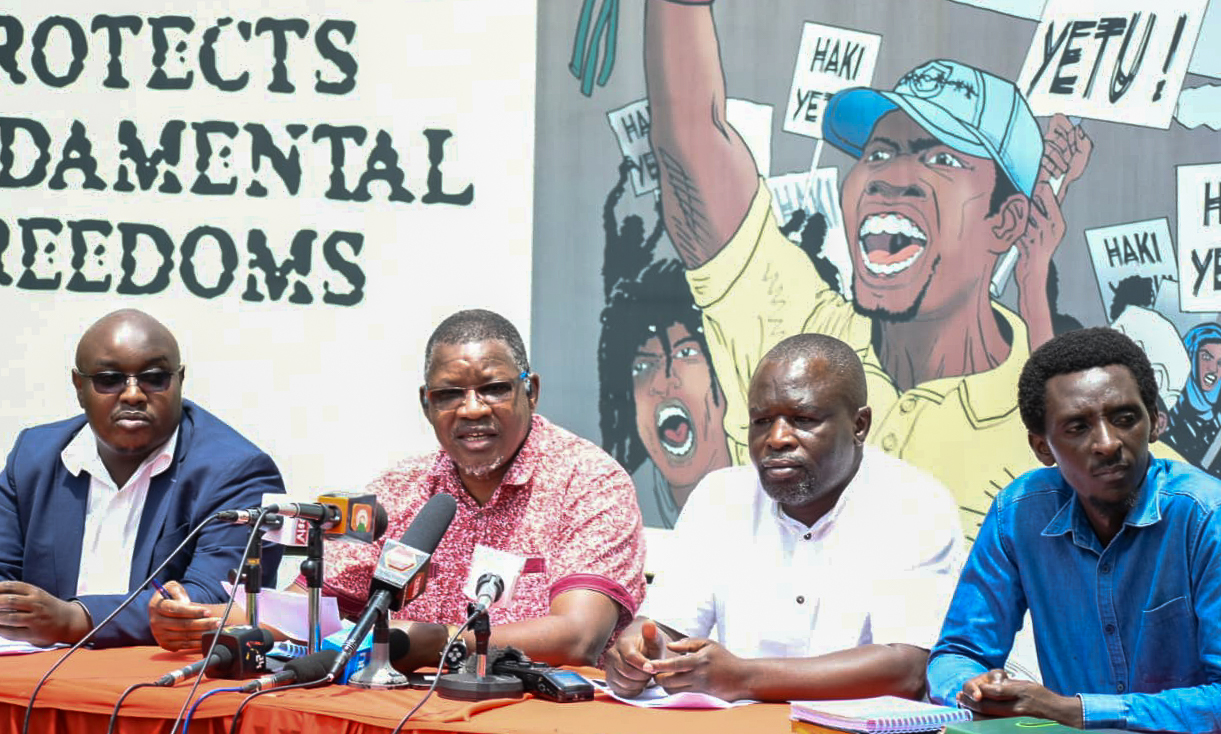Nairobi, Kenya—Since Kenya's August 9, 2022, general elections, there seems to be no well-thought-out remedy to help fix many challenges affecting our education system.
There are missteps, and our education sector is running into ruins. Examples abound, and it appears no one in this regime cares to sort this mess.
As you may all be aware:
- The Ministry of Education initially established Junior Secondary Schools (JSS) within secondary school premises; however, JSS is currently domiciled in primary institutions.
- Implementing a new higher education funding model was hastily executed, excluding qualified and deserving students from accessing tertiary education and training.
- The 2023 KCPE results for 1.4 million students were hastily released, containing numerous errors and omissions. This has compromised the integrity of national examinations, including the 2023 Kenya Certificate of Secondary Education (KCSE), which also suffered from inaccuracies in its results.
- Despite the regime's claim of hiring 37,000 teachers, their contractual terms were inequitable. Around 30,000 recruits were brought in as interns for one year, which was mysteriously extended for another year.
- Parliament allocated Sh628.6 billion to education in the current financial year. However, the regime failed to release 37 per cent of capitation funds to schools in 2023.
- Despite this regime's 100 per cent transition policy, it has done little to achieve quality. Out of 899,453 students who took the KCSE in 2023, 48,174 received a grade E, showing the education quality is decreasing. Only 22.3 per cent secured a minimum entry grade to university, while 77.7 per cent failed to make the cut. Unfortunately, no measures have been taken to return these students to class or improve the quality of education.
- Despite the constitutional mandate for free and compulsory basic education, over 130,000 students, out of the 1.4 million who took the KCPE in 2023, cannot access Form One due to financial constraints.
- President William Ruto championed the Presidential Working Party on Education Reforms (PWPER) as a solution to the challenges in our education sector. However, concerns raised by MPs suggest a lack of clear policies and legislative frameworks to implement PWPER's recommendations.
- In 2022, all KCSE candidates were instructed to enroll in universities and colleges. Unfortunately, the government failed to disburse loans, leading to financial challenges for students during the September-December semester. Many did not sit end-of-semester exams due to the lack of exam cards issued upon fee clearance.
- The Treasury has released a Sh31 billion capitation fund to schools for this year's first term. Nonetheless, significant pending bills remain unpaid due to the 2023 unremitted capitation grant.
- Multiple public bursary streams are controlled by political leaders, leading to biased fund allocations. This occurs amidst parents' struggles as they strive to secure financial assistance to support their children's education.
- The e-citizen fee payment system is poised to become Kenya's biggest scandal.
The Elimu Bora Working Group demands:
- Public mobilization to ensure that all children are in school and learning.
- Cessation of discordant roadside policy pronouncements.
- This regime must consolidate all public bursary funds and depoliticize education financing.
- The regime must also establish a National Education Fund to guarantee that all students get free and compulsory basic education, and enhanced access to tertiary education.
- Public education for all—including the vulnerable, children with disabilities, urban slum residents, rural poor, hard-to-reach, and insecure communities—must be planned and implemented based on a holistic school approach.
Elimu Bora Working Group commits to:
- Demand accountability and intensify the call for public education fund to be fully implemented.
- Oversight by calling out mistakes, pushing for effective, appropriate action to correct anomalies, and enabling Kenyans not to settle for mediocrity and mischief by these irresponsible public servants.
- Intensify close monitoring and scrutiny of the education sector and governance processes and ensure the stoppage of further processing of results based on such opaque yardsticks.

